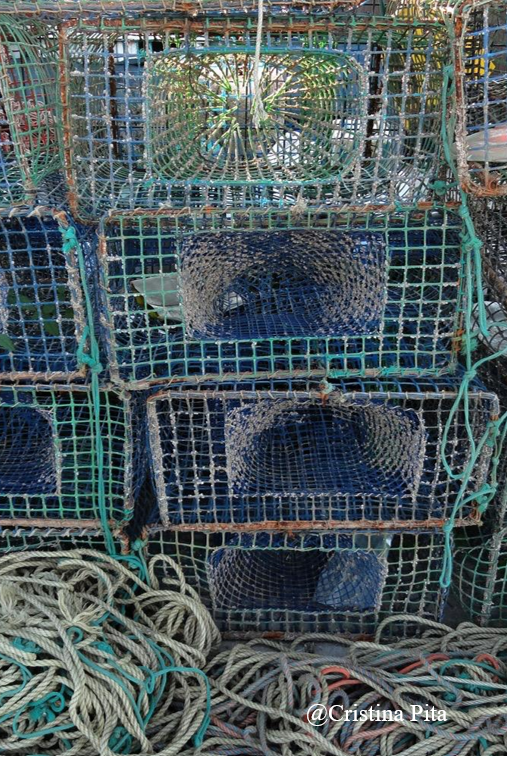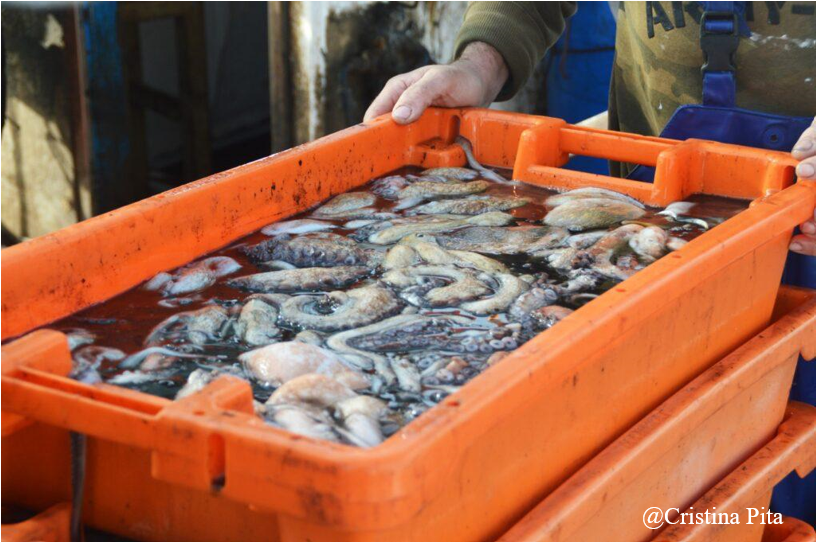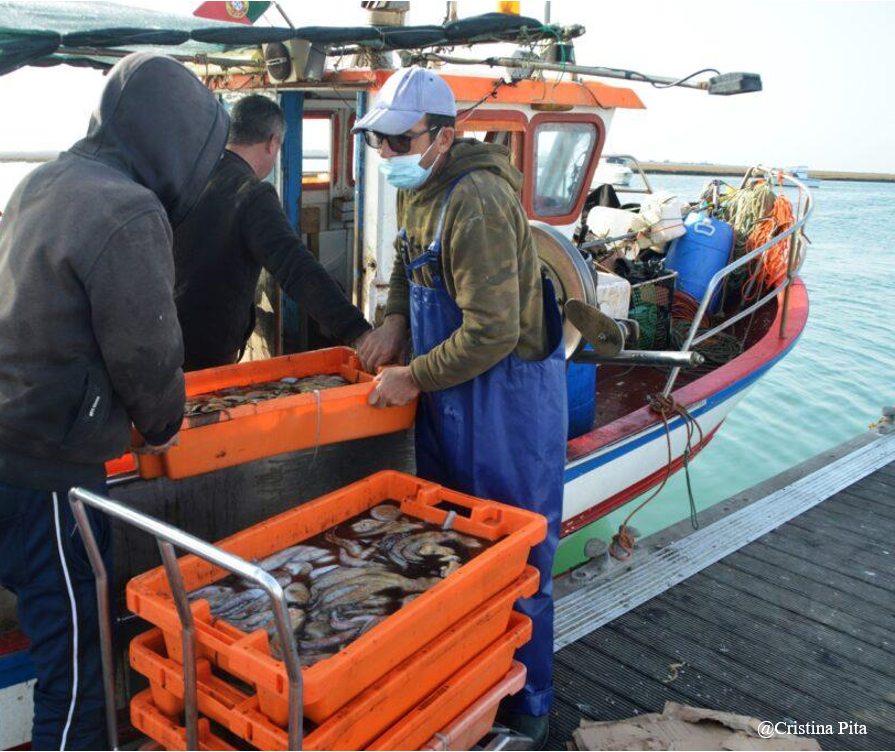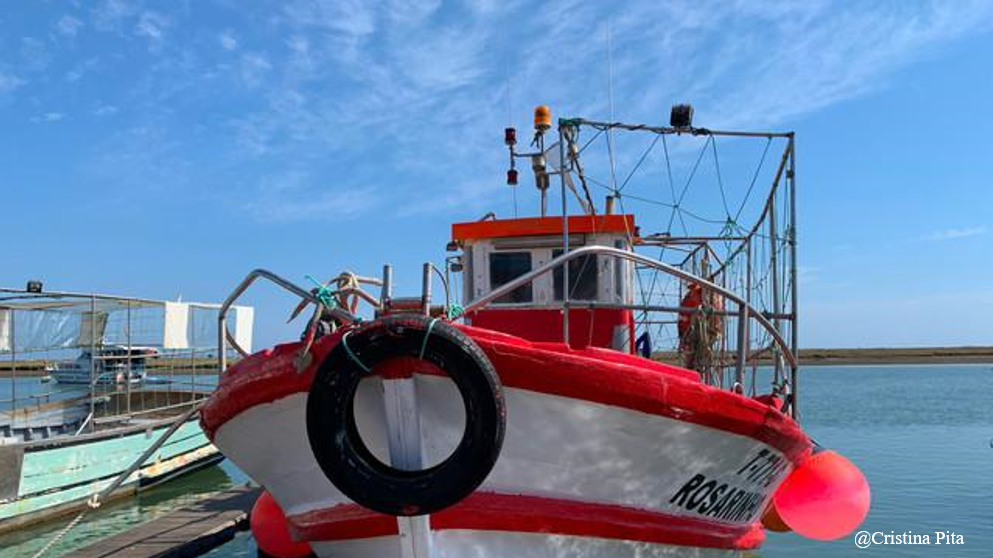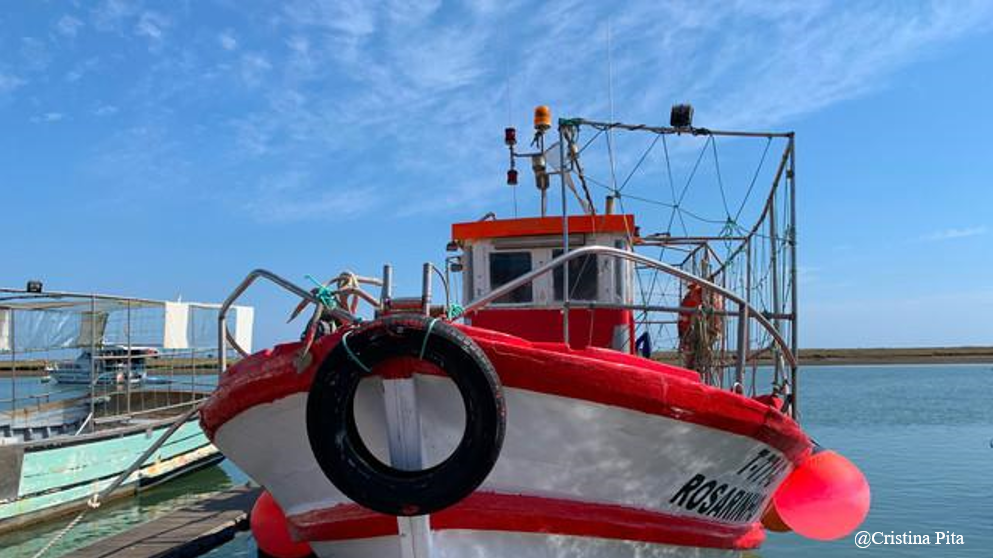
Traceability has become a central theme in discussions about the future of small-scale fisheries. By linking seafood to its place of origin, the people behind the catch, how it was harvested, and the journey from sea to plate, traceability builds consumer trust and opens opportunities for fairer market access.
Over the last few months, the University of Aveiro team has been engaging with small-scale fisheries initiatives from around the world to better understant how these initiatives are implemented, the traceability of the catch, the branding of the project and market access. Identifying what challenges and opportunities emerge for fishers and markets. Three initiatives provide valuable examples of different approaches:
- Pescado de Conil (Spain) (https://pescadodeconil.com/), a branding initiative that emphasizes the origin and identity of Conil’s fisheries, highlighting how identity, tradition, and transparent traceability are used to differentiate their catch in the marketplace.
- ABALOBI (South Africa) (https://abalobi.org/), a digital traceability platform that enables fishers to record, trace, and market their catch directly to consumers, strengthening fisher empowerment and ensuring seafood is sold with its story, as well as demonstrating the potential of technology to improve transparency, equity, and fisher livelihoods.
- Cabaz Fresco Mar (Portugal) (https://cabazfrescomar.pt/), a community-supported fisheries scheme that delivers fresh, locally sourced seafood directly to households, showcasing how short supply chains can strenghten trust between producers and consumers.
These initiatives highlight the challenges and opportunities of implementing traceability in SSF. On one hand, small-scale fishers often face limited resources, infrastructure, and market power. On the other, traceability offers a path to strengthen their position in seafood systems, ensure fairer market access, and connect consumers with seafood that carries values of transparency, sustainability, and community.
Together, these initiatives illustrate both the complexities and the potential of implementing traceability in small-scale fisheries. While they face many challenges, such as limited resources, technology access, and limited market power, the experiences of these initiatives show how small-scale fisheries can work to strenghten their position in seafood systems, ensure a fairer price for their catch and market access, and connect directly to consumers; creating opportunities for storytelling, market differentiation, and community empowerement and resilience. These
Through this research, the Sea2See project is contributing to a deeper understanding of how traceability can help small-scale fisheries achieve greater visibility, fairness, and market access in global seafood systems. Showing how traceability can become a tool for storytelling, empowerment, and resilience in small-scale fisheries.
Contributors:
Cristina Pita – CESAM, University of Aveiro & IIM-CSIC
Gisela Costa – CESAM, University of Aveiro
